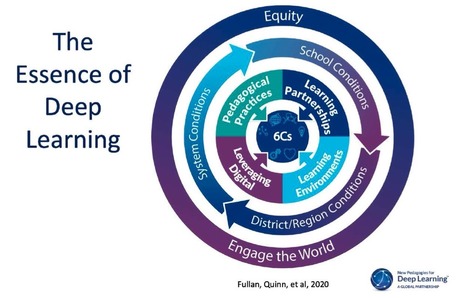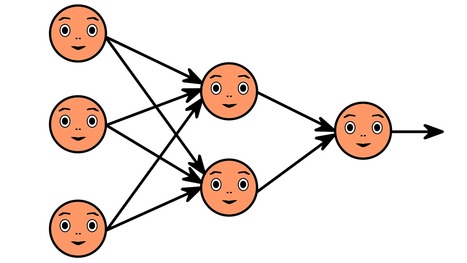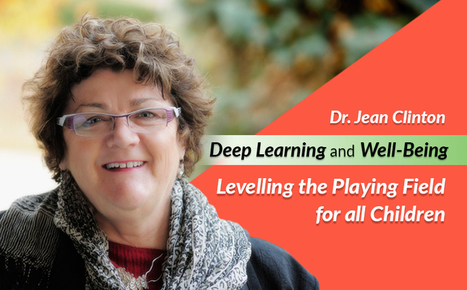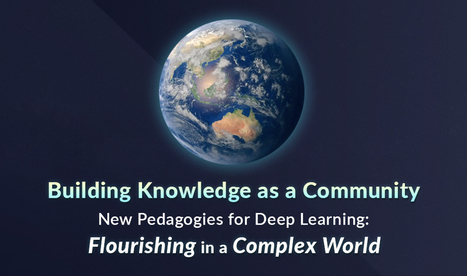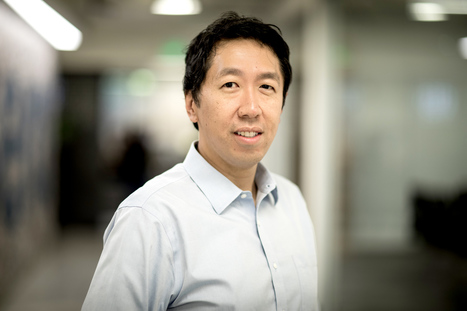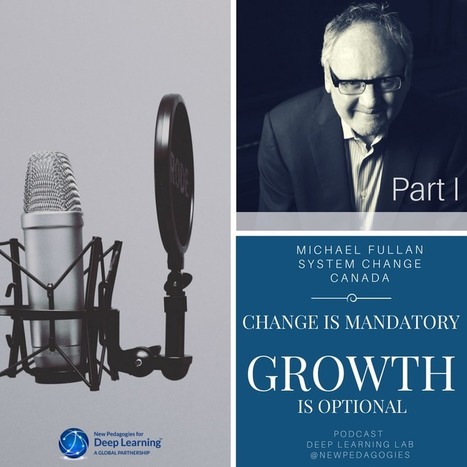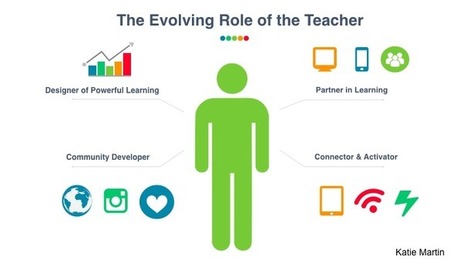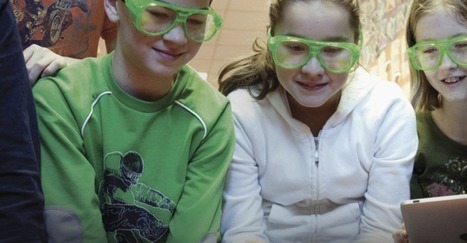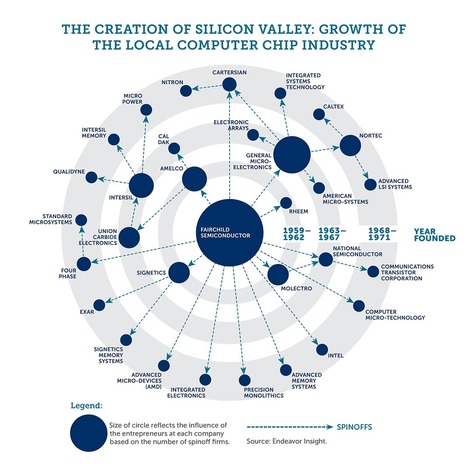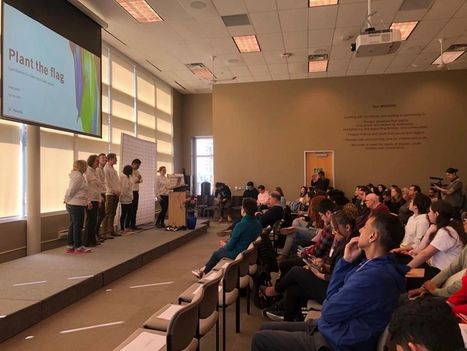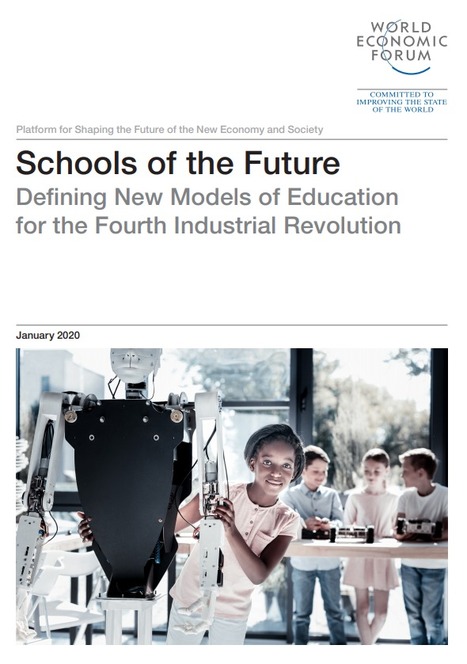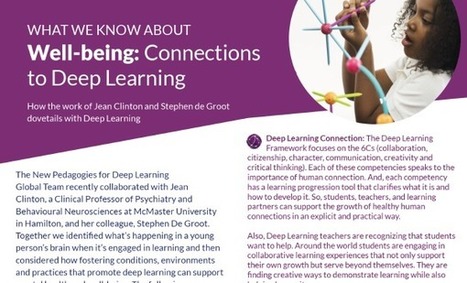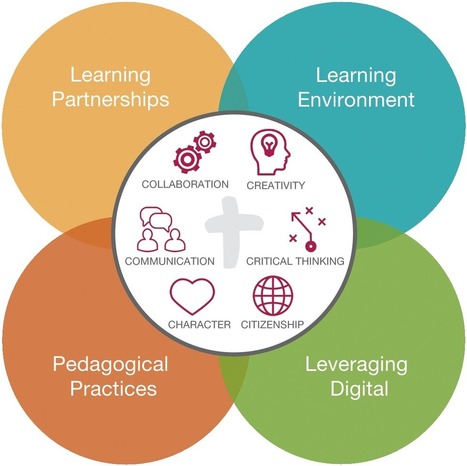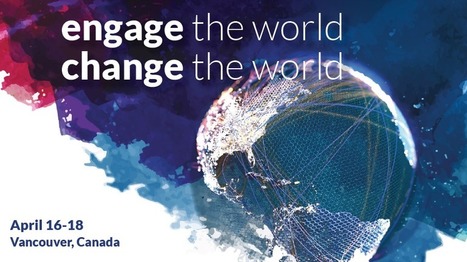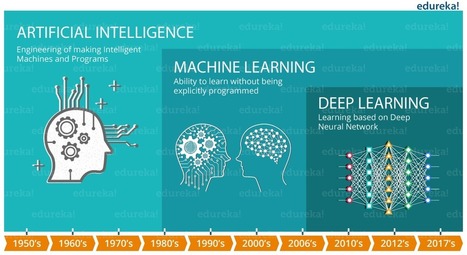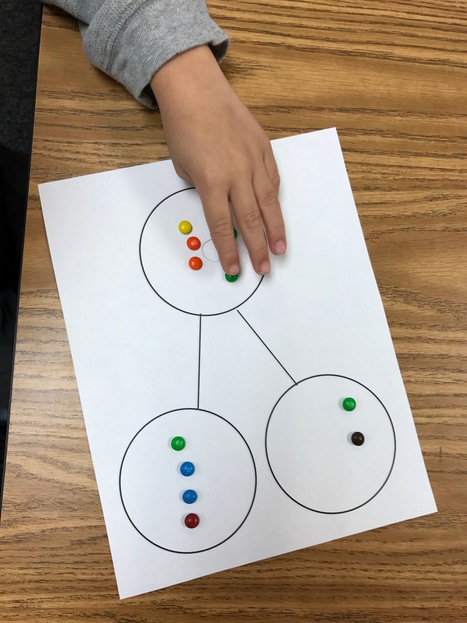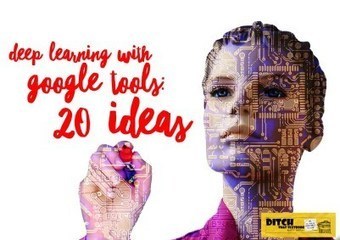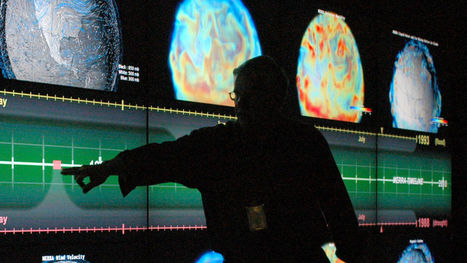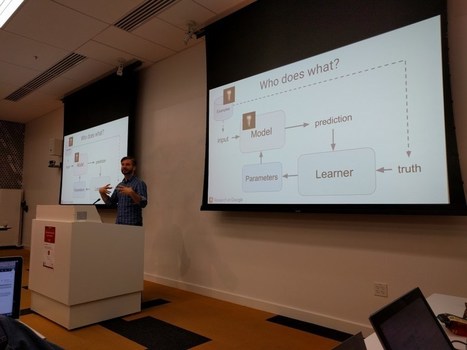Get Started for FREE
Sign up with Facebook Sign up with X
I don't have a Facebook or a X account

 Your new post is loading... Your new post is loading...
 Your new post is loading... Your new post is loading...
No comment yet.
Sign up to comment
FlashWebsiteHeader's curator insight,
February 28, 2018 4:26 AM
Decide the sort of data included. The data that is incorporated changes starting with one leaflet then onto the next. The handout may incorporate the association's statement of purpose, item highlights, diagrams and charts, guidelines, photographs, and a logo. To cause choose what to incorporate, think about what reason the handout serves. Is it to remind a prospect about the fundamentals of your custom brochure design company or is it to offer a particular administration or item, in which case you'll need to ensure your prospect recognizes what to do straightaway: visit your site, enter a code, call an exceptional telephone number, and so forth.

Carlos Fosca's curator insight,
August 17, 2017 8:16 AM
Los expertos en IA se han convertido en uno de los perfiles más buscados y mejor pagados en la economía de la tecnología actual. El aprendizaje profundo implica enseñar a una máquina a realizar una tarea compleja a partir de grandes cantidades de datos con una gran red neuronal artificial. Sin embargo, dominar la técnica ha requerido siempre un profundo conocimiento técnico y experiencia. Andrew Ng, uno de los expertos en inteligencia artificial más reconocidos del mundo y fundador de Coursera, lanza una iniciativa en línea para formar millones de expertos en inteligencia artificial (IA) en un amplio abanico de industrias. |
christijulia22's comment,
August 24, 2022 2:23 AM
2 Hour Virtual Seminar - Workplace Mental Health Challenges & the ADAAA
https://grcadvisoryonline.com/2-hour-virtual-seminar-workplace-mental-health-challenges-the-adaaa-webinar-training-web14508 
Molly Holiday's curator insight,
January 23, 2020 3:53 PM
This is a long document,but worth the read! The introduction outlines the 8 critical characteristics of future education and it aligns really well with what we're doing... plus some tweaks!
Mike Clare's curator insight,
January 27, 2017 9:46 AM
Great article. I appreciate this but why are most of the examples for primary students, what are we doing for the higher grades?

Lindsay Hoyt's curator insight,
June 26, 2017 11:42 PM
Helps make connections to geographical locations. |



